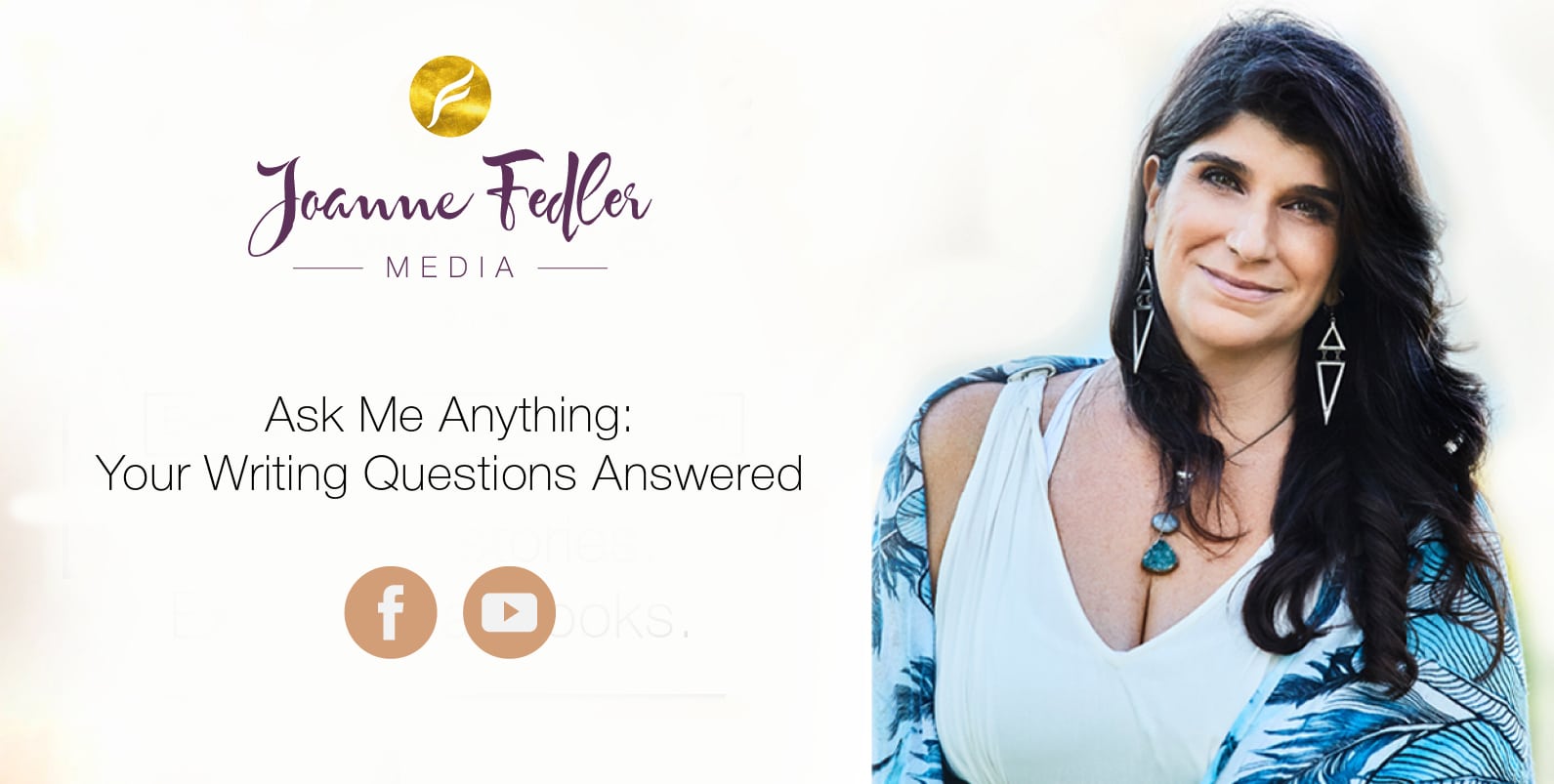
7 Things the Writing Community Can Do for You
7 Things the Writing Community Can Do for You
Being part of a writing community has changed so much for me. I have been a writer my entire life, but I have almost always navigated the ocean of words on my own. Only in the last year have I come to realize what it means to my journey to have other oarsmen in the boat with me, fellow travelers reaching as I reach, all of us gaining momentum from the knowledge that we are moving through the same storms en route to our individual ports. Surely the salt on our brows is the same; truly the wind filling our sails blown from islands of inspiration.
Alright. That’s enough of that ship.
It is precisely in avoidance of such a collapse into cliché that I can turn to my writing community. They are there to help me keep my grammar in check, and to encourage me to delve deeper into my characters or setting. They commiserate over growing piles of rejection letters. For all the obvious reasons, I am grateful for those trusted individuals I have finally learned to recognize as an integral part of my writing process, but there is more to it than that. There was a learning curve, as I slowly acquainted myself with what it means to engage with other writers, and its particular sweep revealed a plethora of subtle advantages.
- I was able to practice sharing my story, not simply through edited selections of writing, but also through comments and discussion. This process has helped me to become clearer on what I want to share as I write my book, to experiment with exposition versus scene, and to better appreciate what others find engaging and valuable.
2. In those first tentative shares of my writing, I opened myself up to feedback, even if it was initially on the saccharine side (most writers, I find, are blessed with the instinct to gingerly handle such fledgling offers). Practice at dealing with critique is necessary, and learning to do so gradually allowed me to build my way up to a place where I became eager for the feedback, knowing that it will improve my work and make me a more critical thinker.

.
About Jennifer
Jennifer wrote her first poem at the age of six, and she has been involved in the world of words as an editor, a blogger, and an article writer. She is published in and shortlisted for a growing number of local, national, and international electronic and print publications.Most recently she had an essay, titled Bairnlorn, appear in the Globe & Mail, placed first in the My City, My Words poetry contest, and wrote and handcrafted a board book for her son.
She also tells terrible jokes.
- Joining online forums, workshops, and meet-up groups introduced me to a wider array of people who provided me with the opportunity to think beyond the confines of personal perspective, and to make some thoughtful assumptions about what others might read in a particular passage. I can look at my writing with an eye for what others might take from it now, whereas before I could only see it subjectively. One of the best scholastic exercises I ever undertook was having another person read something I had written out loud. I was fortunate in that the person I was paired with was the one in the class furthest from my own experiences. The difference in literal voice – the timbre, the pauses, the emphases – was astounding, and it made me realize how what we hear in our own heads as we write may not be close to how it is interpreted by our readers.
- Simply listening proved invaluable. In witnessing the stories of others, I became grounded in the knowledge that while my own tale is unique and needs to be told, that it is also just one amid those of everyday people, living lives of joy, tragedy, confusion, suspicion, and resolution. There is great comfort in knowing how relatable each of our individual threads can be.
- I became connected to the hard work that I need to be doing. Occasionally, this happened because I could sense the hallow excuses of others and began to more easily recognize them when they came tumbling out of my own mouth. But mostly, it was because as I listened to the members of my writing community comment on what they were giving up to write, I found myself moved to push through the inspirational droughts.
- It gave me cause to celebrate their wins – collaborations, shortlists, awards, personal word count bests, filling in longstanding plot holes – and to know that each step is in itself a victory. It helped me view firsthand the reality that successes are possible.
- I realized that when I stay connected to my writing community that I stay connected to my writing.
That last point was probably the most important one for me. I know now that finding my community is one of the biggest things that I changed to move from writing being a hobby to it being what I do every day. Somehow, in all the years that I dabbled in what I claimed as a passion, it never occurred to me that surrounding myself with similarly focused people could help me to make my craft a priority. Knowing others have some sort of expectation of me as a writer – whether to compose a poem, dig into research or an outline, or deliver a finished chapter for feedback – makes me take myself more seriously. And it manifests as a driving force that keeps my pen moving across the page and my fingers dancing across the keys.
Author Potential Profile Assessment
Discover your hidden strengths as well as the areas you need to build on to become an author.






